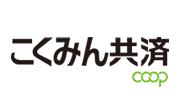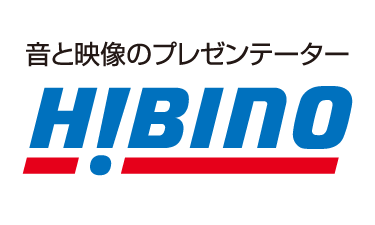Wheelchair Marathon
 |
 |
Both wheelchair races came down to the wire
The winner of both men`s and women`s wheelchair races were determined by the final sprints. And thus they were quite thrilling. In the men`s race Sho Watanabe outsprinted Marcel Hug (SUI) and although they were both credited with the same time (1:28:01), Watanabe was declared as the winner, while Hug was second. "I am happy to win with my sprint, for I have been working on my speed in middle distance training," said Watanabe after the race. The new Tokyo Marathon course is supposed to be fast, but the winning time was quite modest. "The course is fast, but because the lead pack was large, the race turned tactical and thus slow," Watanabe explained. "Although I won the race, I did not run an aggressive race today. Next time, I want to run an aggressive race." Watanabe explained his future plan as "I plan to concentrate on the track race and challenge the marathon from time to time."
The women`s race, like men`s counterpart, was close also. Both Amanda McGrory (USA) and Manuela Schar (SUI) were credited with the same time, but McGrory was declared as the winner, while Schar was given second place. The race was so close that the winner McGrory said, "I did not know who actually won the race," later at the post-race press conference. "It was my first marathon in a long time, so I was bit nervous. I was not too confident about my finishes. I knew I only have one move to win this race," explained McGrory, and she did win with a single big sprint. Zou Lihong (CHN), the 2016 Rio de Janeiro Paralympics Marathon gold medalist, was a favorite, but she clashed into the fence after failing to maneuver the turn in the middle part of the race and dropped out of contention.
Marathon
 |
 |
Multiple records set at the Tokyo Marathon
Multiple new records were set at the 11th edition of Tokyo marathon, where the new faster course was introduced this year. Both Wilson Kipsang (KEN) and Sarah Chepchirchir (KEN) set the Tokyo Marathon record as well as Japanese all-comers record. Kipsang`s winning time was 2:03:58, which destroyed both Tokyo Marathon record of 2:05:42 by Dickson Chumba and Japanese all-comers record of 2:05:18 by TsegayKebede. Similarly, with her winning time of 2:19:47, Chepchirchir improved both Tokyo Marathon record of 2:21:27 and Japanese all-comers record of 2:21:18. Furthermore, Kipsang also improved the fastest time on Asian soil, 2:04:11, which was recorded in the 2017 Dubai Marathon.
Chepchirchir who improved her marathon best by four and half minutes, is now 16th fastest marathon runner in history, while Kipsang recorded fourth sub-2:04 marathon of his career. No other runner has more than two sub-2:04 marathon to their credit.
The men`s race started with a bang, covering first 5km in 14:13 and first 10km in 28:50. The half marathon point was covered in scintillating 1:01:22. It may not be as fast as 1:01:11 half marathon split Kipsang recorded in last September`s Berlin Marathon, which he called too fast in the Friday`s press conference. However, it was fast enough. In fact, it is faster than his desired half marathon split of 1:01:30. The 40km split was 1:59:29, the time which makes it difficult to record 2:03 marathon. However, Kipsang was determined. Thinking "a 2:03 marathon is still possible," he really push the pace, and thus cracked 2:04 once again. At the post race press conference, Kipsang said,"I have recorded four 2:03 marathons and four 2:04 marathons," which indicates how proud Kipsang is about the various records he owns. The second place Gideon Kipbketer improved his personal best by more than two minutes to 2:05:51. Incidentally, it was a fantastic race with the best marks for first to fourth place time on Japanese soil were recorded today.
At the press conference, Sarah Chepchirchir explained that "my plan was to increase the pace at 30km after the pacemakers dropped out of the race." So after passing 30km in 1:40:26, Chepchirchir increase the pace to 15:46 in the next 5km and run away from the field to win comfortably. Second place Birhane Dibaba improved her personal best by a minute to finish with 2:21:19.
For the Japanese men, the Tokyo Marathon was one of the World Championships qualifying races. The marathon debutante, Yuta Shitara set a scintillating pace from the start covering the first half marathon in 1:01:55. However, as Shitara explained later at the press conference, "it started to get hard around 30km, and after 35km, it was the hardest race I have ever experienced." He slowed down dramatically and was passed by Hiroto Inoue. Inoue finished eighth overall but was the first Japanese in the race with 2:08:22, and thus made a great headway to make the World Championships marathon team. Shitara finished with 2:09:27, sixth fastest marathon debut time by Japanese men. Thus his future at the marathon looks very bright.



























